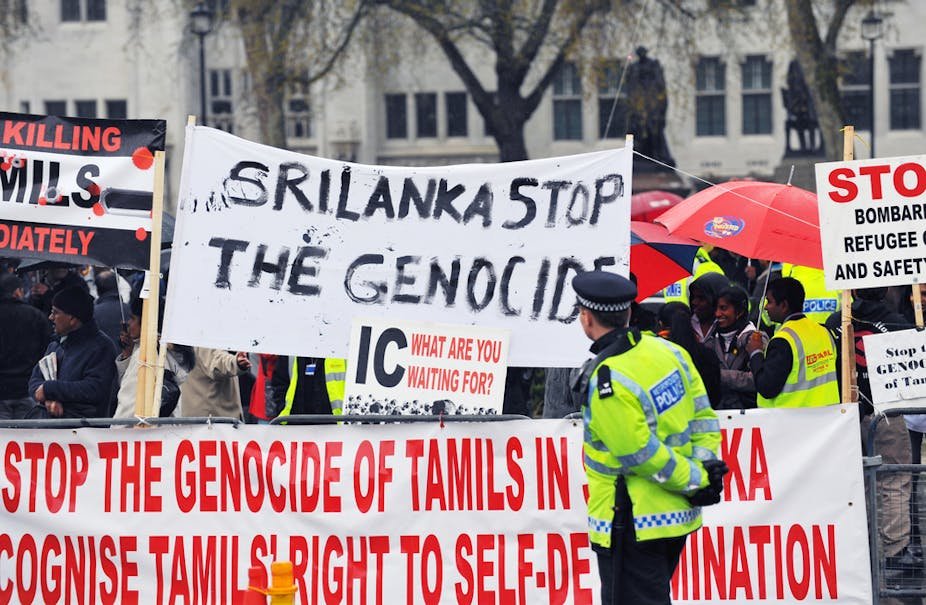
How do international organizations typically respond to allegations of genocide?
International organisations typically respond to allegations of genocide through a multi-faceted approach that involves investigation, advocacy, legal action, and diplomatic efforts. Here are some common steps and actions taken:
1. **Investigation and Documentation**: International organisations, such as the United Nations (UN) and non-governmental organisations (NGOs), often initiate investigations to gather evidence and document human rights abuses. This may involve fact-finding missions, interviews with survivors, and analysis of reports and testimonies.
2. **Reports and Findings**: After investigations, organisations may release reports detailing their findings, including evidence of patterns of violence, targeting of specific groups, and recommendations for action. These reports can serve as crucial documentation for accountability efforts.
3. **Advocacy and Awareness**: International organisations actively raise awareness about allegations of genocide through public campaigns, media engagement, and educational initiatives. They aim to inform the global community and mobilise support for affected populations.
4. **Legal Action**: In some cases, international organisations may pursue legal avenues, such as supporting cases brought before international courts (e.g., the International Criminal Court) to hold perpetrators accountable for genocide and related crimes. This can involve collecting evidence, providing legal assistance, and facilitating trials.
5. **Diplomatic Pressure**: Organisations like the UN may engage in diplomatic efforts to address the situation, which can include resolutions, sanctions, or calls for international intervention. Diplomatic channels aim to encourage governments to take action against the alleged perpetrators and protect vulnerable populations.
6. **Humanitarian Assistance**: In response to genocide allegations, international organisations may also provide humanitarian aid to affected populations, including food, medical care, and shelter, to alleviate the immediate suffering of victims.
7. **Monitoring and Reporting**: Ongoing monitoring of the situation is critical. International organisations often continue to report on human rights conditions and the status of the affected populations to ensure accountability and maintain international attention.
8. **Collaboration with Local Organisations**: International organisations frequently collaborate with local NGOs and civil society groups to better understand the context, gather information, and support grassroots advocacy efforts.
9. **Calls for Reconciliation**: Alongside accountability, many organisations emphasise the importance of reconciliation efforts to foster peace and prevent future atrocities. This may involve promoting dialogue, understanding, and reparations for affected communities.
These responses can vary depending on the specific context, the scale of the allegations, and the political dynamics involved. The effectiveness of these actions often hinges on the willingness of the international community to engage and the cooperation of the states involved.






